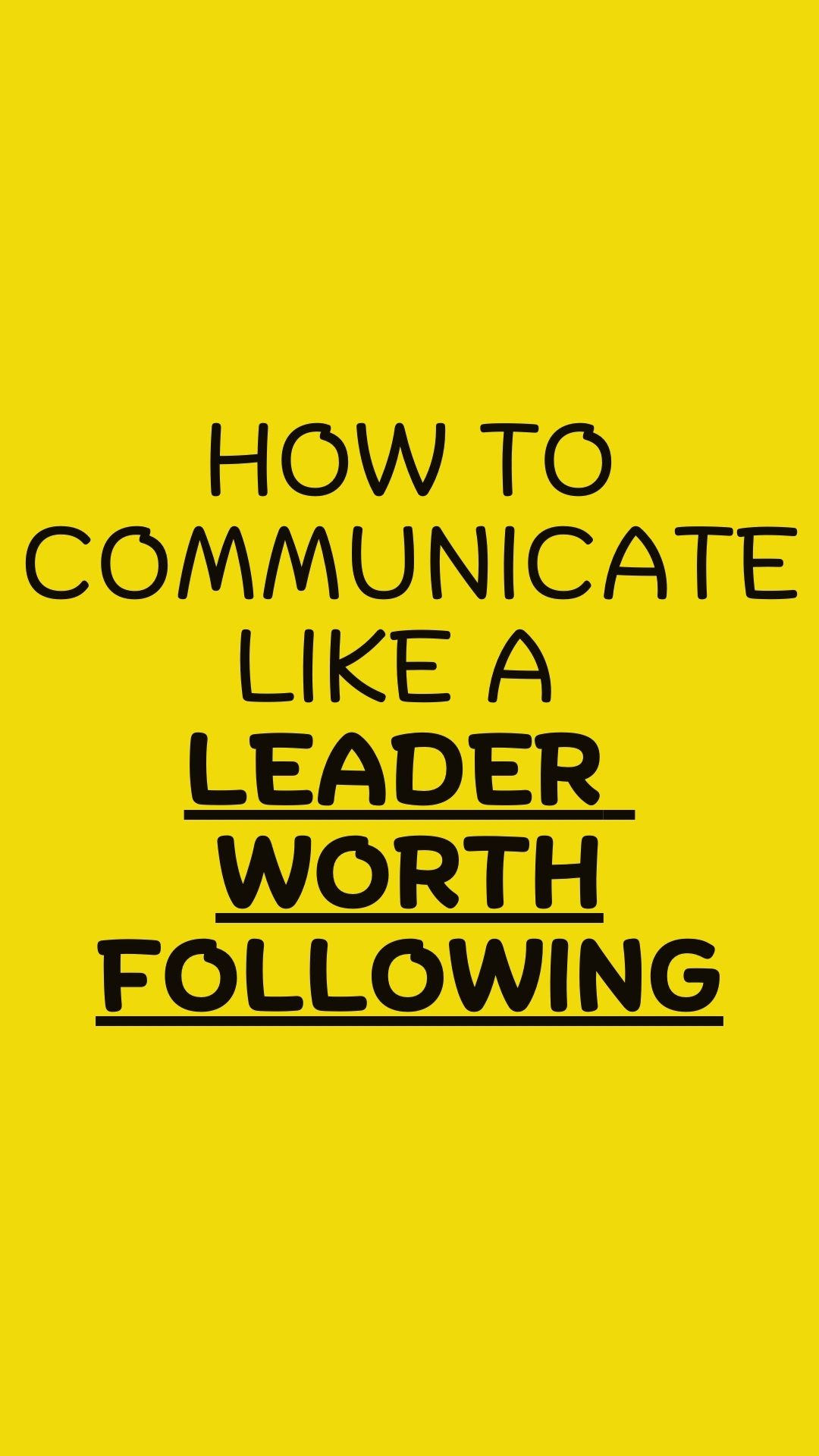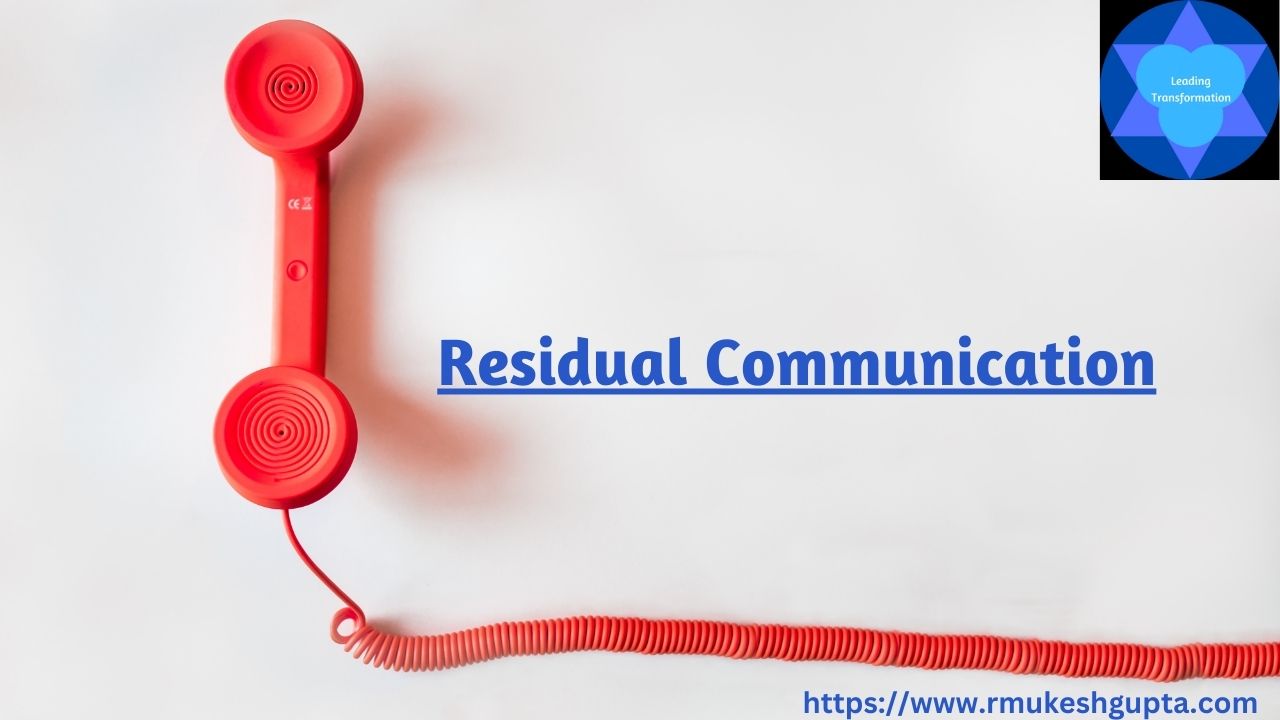How to Communicate like a Leader Worth Following
In this short video, I talk about how every piece of communication could be used to do one of three things: 1. Inform (share information or updates, etc) 2. Influence (Work towards changing the recipients thinking, beliefs or Behavior) 3. Inspire (Transfer of energy, enthusiasm or Hope). You would be better off, if you knew the purpose of each piece of your communication as the way you structure your speech / email / presentation would be very different if its purpose were to inform vs influence or to inspire. Also, our communication (written or oral) has a better chance of […]






